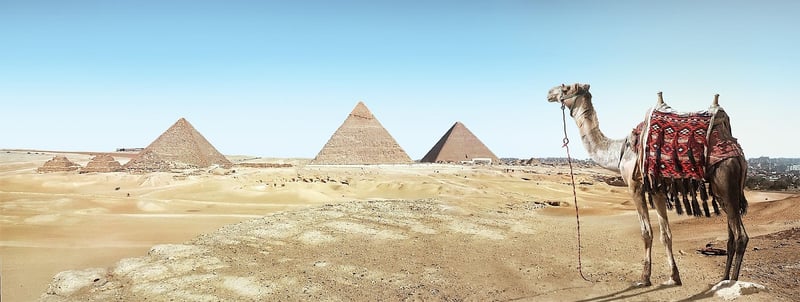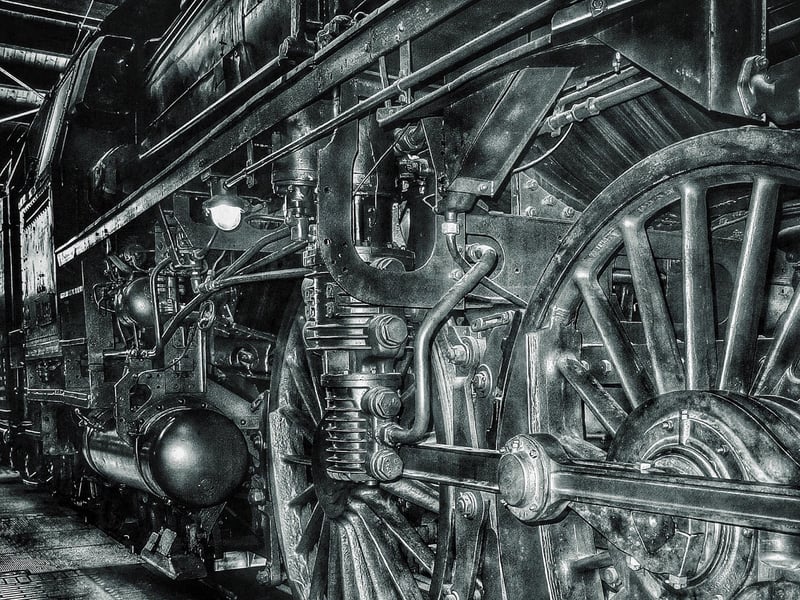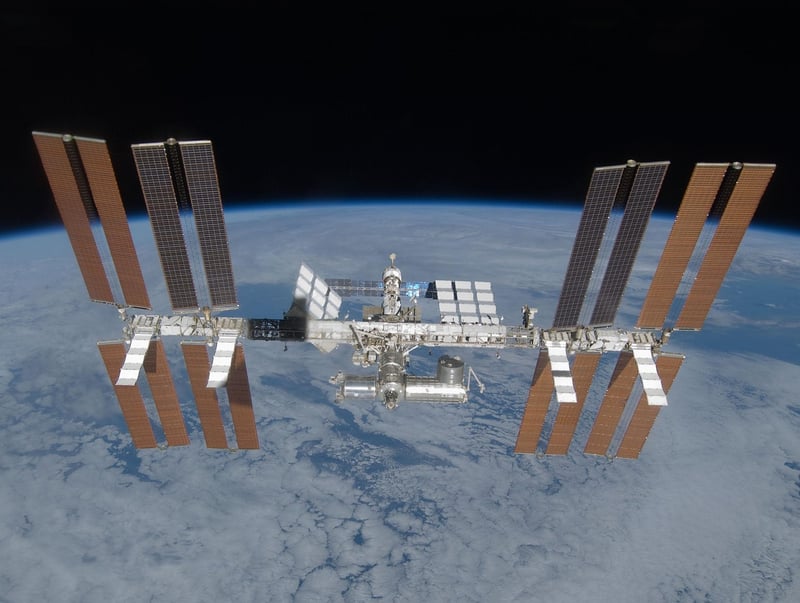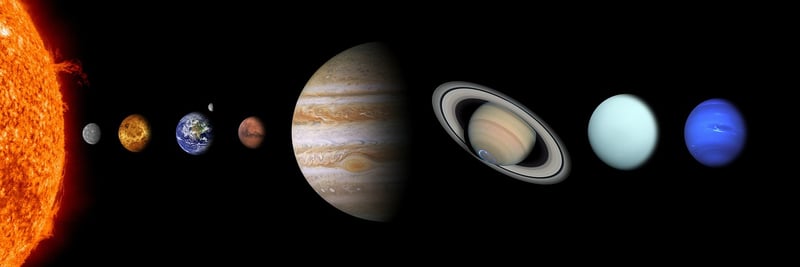Future Exploration
Exploring Different Eras and Future Exploration
Introduction
Exploring different eras and looking towards future exploration has always captivated human curiosity. From ancient civilizations to modern space missions, humanity's quest for discovery knows no bounds. Let's delve into the fascinating realms of history and the exciting prospects that future exploration holds.
Ancient Era
Our journey begins in the ancient era, where civilizations like the Egyptians, Greeks, and Romans made remarkable advancements in architecture, art, and science. The pyramids of Giza, the Parthenon, and the Colosseum stand as testaments to their ingenuity and craftsmanship.

Medieval Era
The medieval era brought about knights, castles, and the age of exploration. From the majestic castles of Europe to the voyages of discovery led by explorers like Marco Polo and Christopher Columbus, this period laid the foundation for global interconnectedness.

Industrial Revolution
The industrial revolution ushered in a new age of innovation with inventions like the steam engine, telegraph, and mechanized production. Factories sprung up, cities grew exponentially, and the world witnessed unprecedented technological progress.

Modern Era
In the modern era, humanity reached new heights with space exploration. The moon landing, space stations like the ISS, and missions to Mars have expanded our understanding of the cosmos and inspired future generations to reach for the stars.

Future Exploration
Looking ahead, the future of exploration holds exciting possibilities. From colonizing other planets to harnessing renewable energy sources, humanity is poised to embark on unprecedented journeys that could redefine our existence.

Conclusion
Exploring different eras offers a glimpse into the past achievements of humanity, while future exploration promises to push the boundaries of what is possible. As we continue to unravel the mysteries of the universe, let us remember that the spirit of exploration is what drives us forward.
